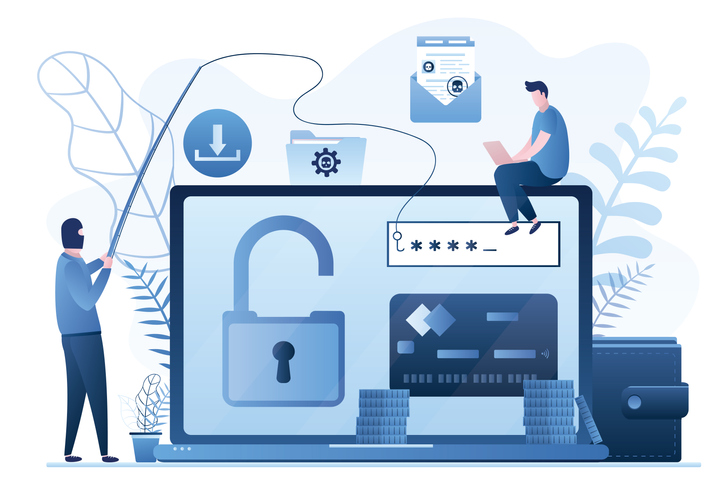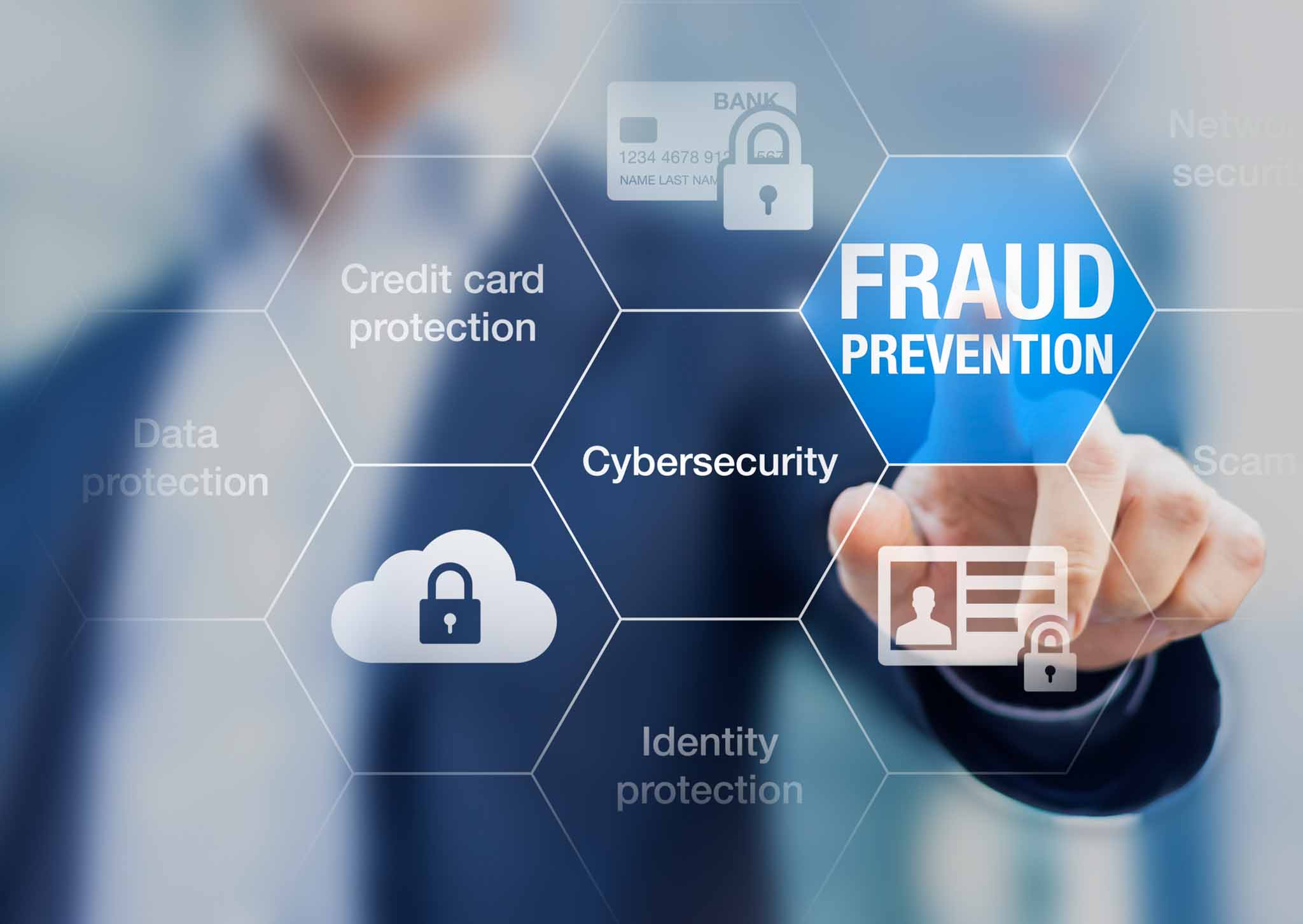Online Banking Scams
Last Updated
September 12, 2022
Written By
Sarah Kearney
Over the past few years, the banking industry, among others, has seen a major rise in fraud – particularly online fraud. During COVID, we all had to adapt to a new way of doing things, and this opened a whole new world of possibilities for hackers and scammers. To best protect yourself, your personal information, and your finances, it’s important to be able to identify scams in order to avoid falling victim to them. Below are some of the most common scams that are currently circulating online.
Phishing & Malicious Emails
Even as cybercriminals continue to evolve their techniques and adapt to ever-changing technology, they continue to rely on phishing as their most successful method of attack. In fact, 90% of successful hacks and data breaches start with phishing scams.
Phishing is the process of attempting to acquire sensitive information such as usernames, passwords, and credit card details by posing as a trustworthy source using bulk email which tries to evade spam filters. Emails claiming to be from popular social media platforms, banks, auction sites, IT administrators, and even CEOs are commonly used to lure the unsuspecting public.
Over the past few years, online service providers have been stepping up their security game by messaging customers when they detect unusual or worrisome activity on their users’ accounts. Not surprisingly, criminals are jumping on the opportunity to use this to their advantage. They are sending e-mails made to look like they are coming from online service providers, and while many are poorly designed, complete with bad grammar, others look legitimate enough for someone to click if they weren’t paying close attention. If you receive an e-mail like this, contact that company with a legitimate phone number to ask them about it.

Low-Rate Loan Offerings
Many criminals lure in unsuspecting victims with the promise of low-rate loan products to gather their personal and banking information. With convincing emails, websites, and offers too good to pass up, they trick you into believing they are real, trustworthy businesses. Typically, they will include a link or a button in the body of their message that leads you to a new webpage where you input your personal or banking information to get started on the loan process. From there, the scammers use your information to log into your online banking account, which they now have full access to.
Never click unknown links, especially if you’re not familiar with the source, and be sure you have Multi-Factor Authentication on all your accounts for added security. And remember – NEVER share your passwords!
College Students as Mules for Fraudulent Checks
Another popular scam that is running rampant right now is one where college students between the ages of 18-22 are being targeted and used as mules for fraudulent checks. College students are receiving spoof emails and messages that look like they’re coming from someone they know, like a friend or family member. The message usually asks the student to help them out by opening a banking account and cashing a check. They usually promise them a portion of the check money in exchange for helping them. Who doesn’t know a college student that could use a little extra cash? The check, unknown to the student, of course, turns out to be fraudulent, and after being cashed it eventually bounces.

Online Payment Scams
This is another imposter scam where the scammers pretend to be someone from a financial institution. Customers receive an email or a text message alerting them of suspicious activity on their account, or that fraudulent online payments have been made in their name. Usually, the message will say that the person’s account has been suspended due to the suspected fraud, and prompts them to enter their online banking login credentials to get back in. When you receive a message from a financial institution, always ask yourself: Do you have accounts here? Does it make sense for you to be receiving this message? When in doubt, always reach out to your financial institution with the contact information found on their official website – not the contact info provided within the message you’ve received. And again – NEVER share your passwords!
For more tools and resources to help keep you safe online, and the latest info on trending scams, visit www.KnowBe4.com
If you’re ever concerned there may be fraudulent activity on your Family First accounts, or that an unauthorized person has access to your accounts, don’t wait – call us right away at 585.586.8225 or email us at [email protected]
Author

Sarah graduated with her BFA in Graphic Design from the State University of New York at Fredonia in 2018 before starting her career as Branding & PR Specialist at Family First. Sarah is a designer, content creator, and community outreach coordinator. She helps to build and implement new programs and promotions at the credit union, and is also a certified financial counselor.



